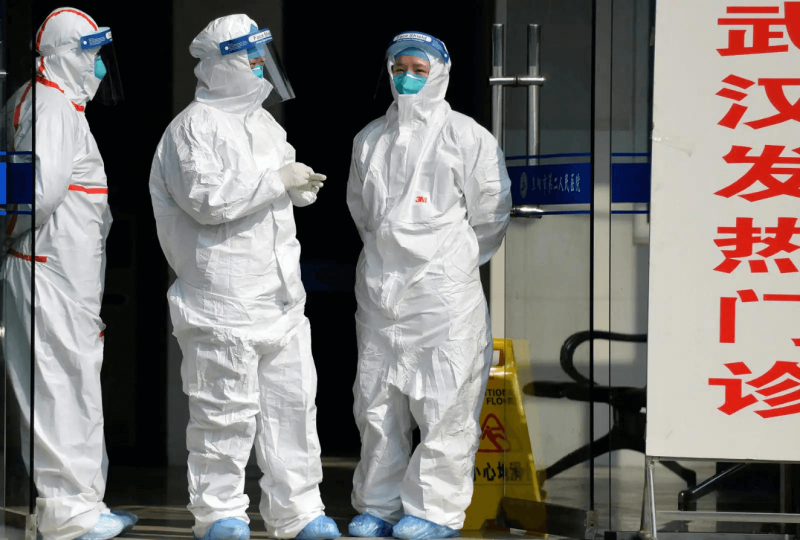Some U.S. Companies Depart Hong Kong. There Are Worries Over Politics And The Pandemic
Jan 31, 2022

The United States has traditionally dominated the foreign-firm scene in Hong Kong, with more regional offices there than any other country.
That is rapidly changing. Strict COVID laws, Beijing's encroachment of Hong Kong's autonomy, and harsh reactions from the US government all contributed to an 18-year low in the number of American enterprises having local headquarters in the city the previous year, according to Hong Kong's Census and Statistics Department.
At the same time, the number of mainland Chinese enterprises, who were long minor participants in the financial hub's commercial landscape, has risen to almost equal that of the United States (252) and is set to exceed businesses in 2022. China had less than 100 regional offices in Hong Kong only a decade ago.
On many levels, the inflow of mainland companies into Hong Kong stands to reason. Not only are Chinese companies long used to the censorship, data security difficulties, and other regulations now imposed on Hong Kong by Beijing, making the transition easier for them, but mainland business owners can also travel between the two regions much more easily now, whereas foreigners face extremely long quarantines or overwhelming restrictions.
Not all developed, capitalist, democratic nations are seeing as many corporations leaving Hong Kong as the United States. In fact, several countries, such as the United Kingdom, experienced an increase in the number of enterprises in Hong Kong in 2021. (The United Kingdom's Department for International Trade Hong Kong declined to answer questions on why their businesses' presence in Hong Kong may have increased).
Switzerland, Italy, and Singapore have consistent numbers. Still, the general trend continues to be a progressive departure of major global corporations from Hong Kong.
What are their plans? According to the American Chamber of Commerce in Hong Kong's recently issued 2022 Business Sentiment Survey Report, "Singapore is projected to be the largest benefit."
Throughout the pandemic, Hong Kong has mostly kept stringent COVID regulations, but months ago, before Omicron, it surprised the business community and prospective travelers by abruptly backpedaling on loosening some restrictions after a single American returnee tested positive for the virus after a seven-day quarantine.
At the time, Tara Joseph, president of AmCham Hong Kong, said that It had been the topic of most debate in the business sector. Joseph has left Hong Kong, and Otis Elevator managing director Joseph Armas will chair the chamber in 2022.
According to the new AmCham study, which polled 262 US enterprises in Hong Kong, American sentiments are still gloomy. Over 30% of survey participants have had to postpone new investments in Hong Kong, and 30% are unable to fill top management positions. More than 40% of respondents say they prefer to leave Hong Kong for personal or lifestyle reasons, while more than 25% of firms say they are likely to leave Hong Kong.
Only 9% of AmCham member businesses polled expect a better business climate in the next year.
The study, however, was not all doom and gloom, with a few significant positive moments. According to AmCham, Hong Kong's transportation and logistics, as well as financial services industries, remain mainly upbeat. Moreover, American enterprises that have remained or intend to stay are still quite positive, with more of them expecting to grow rather than cut investments.
The survey did not attempt to explain this pessimism-optimism dichotomy—with many businesses departing and others continuing to expand their footprints—but one expert said that some corporations are more "elastic" in enduring the current extreme pressure, either because they require fewer managers to travel to strictly regulated Hong Kong or because they do not deal with financial aspects that could inflame Beijing.




